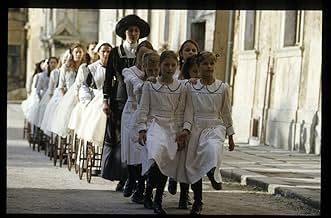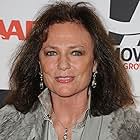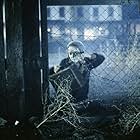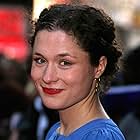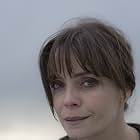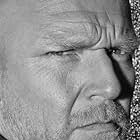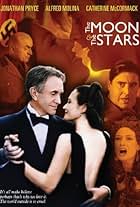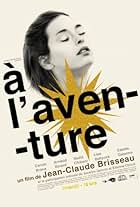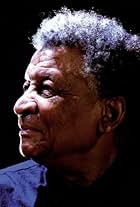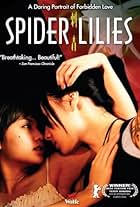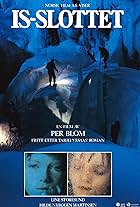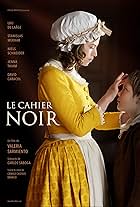This film, based on a novella by Frank Wedekind, which we read a long time ago, suffers the too-many-cooks-spoil-the-broth syndrome. Being a co-production of England, Italy and the Czech Republic doesn't help the strange mishmash this film turned out to be. To add insult to injury, the finished product suffers from a case of an atrocious dubbing, which can be quite maddening on the viewer who is paying close attention to the expressions of the actors against what is being said by them at any given moment. Since the dialog is in Italian, and many in the cast don't speak the language, the result is disorienting, to say the least.
The story of a girls' orphanage makes an intriguing premise. The institution serves as the home for those who have been unfortunate enough to land in it. The girls are being groomed in ballet dancing, mainly. There is a certain degree of mystery about the provenance of these beautiful young women which is not quite easy to grasp until one adventurous girl, Vera, who has been slighted by the ballet mistresses into a secondary spot in the corps, that she decides to engage Irene and Hidalla, to help her. This proves to be a fatal mistake, as things begin to unravel around them.
Jacqueline Bisset appears as the headmistress with a secret of her own. Mary Nighy and Hannah Taylor-Gordon are seen as Hidalla and Irene; they share also a passion that will get them in trouble. Nataalia Tena plays Vera, the girl who discovers where the records of the girls are being kept and pays a high prize for it. Enrico Loverso, an excellent Italian actor, has nothing to do in the film.
The best thing in the movie is the cinematography of Fabio Zamarion, who takes advantage of the great old structure where the action takes place, as well as the bucolic surrounding area photographed somewhere in the Czech Republic. Director John Irvin, who evidently was involved for a long time in the project, emphasizes the homoerotic aspects of the story as well as more gory details.




